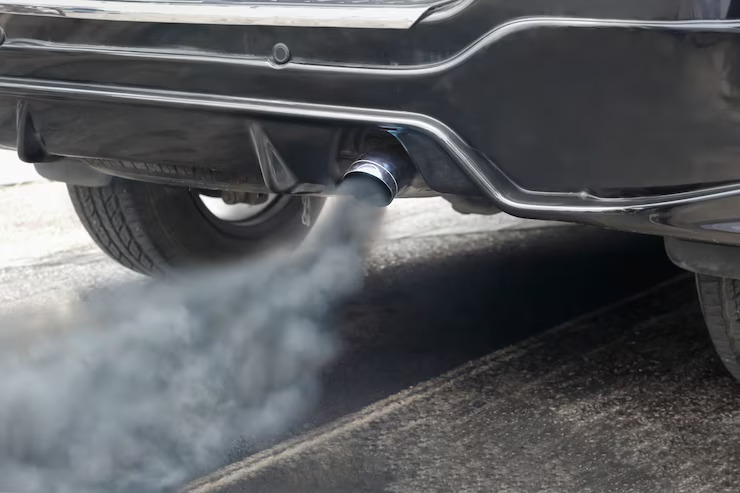Car filters are unsung heroes, silently working to keep your vehicle running smoothly by trapping dirt, contaminants, and impurities. From air filters ensuring clean air intake to oil filters protecting engine components, these filters play a critical role in maintaining your car’s performance and longevity. However, like any other component, car filters require regular maintenance and replacement to function effectively. Ignoring signs of filter degradation can lead to poor engine performance, reduced fuel efficiency, and potential damage to vital components. To help you stay on top of your car maintenance, here are 10 signs indicating that your car filters may need replacement:
1. Decreased Engine Performance:
If you notice a decrease in engine power or acceleration, it could be due to a clogged air filter restricting airflow to the engine. Reduced air intake can lead to inefficient combustion and sluggish performance.
2. Poor Fuel Economy:
Dirty or clogged air, fuel, or oil filters can cause your engine to work harder, resulting in increased fuel consumption. If you find yourself making more frequent trips to the gas station without a change in driving habits, it may be time to check your filters.
3. Engine Misfires or Rough Idling:
A clogged fuel filter can restrict fuel flow to the engine, leading to engine misfires, rough idling, or hesitation during acceleration. Ignoring these symptoms can lead to engine damage over time.
4. Unusual Engine Sounds:
A dirty or worn-out oil filter can allow contaminants to circulate in the engine, causing metal-on-metal contact and resulting in unusual engine noises such as knocking, ticking, or rattling. These sounds indicate potential damage and should be addressed promptly.
5. Smoke from the Exhaust:
Excessive smoke or emissions from the exhaust can be a sign of a clogged air filter, dirty fuel filter, or worn-out PCV valve. These issues can affect engine performance and emissions levels and should be investigated immediately.
6. Reduced HVAC Performance:
A dirty cabin air filter can restrict airflow through the heating, ventilation, and air conditioning (HVAC) system, leading to reduced heating or cooling performance inside the vehicle. If you notice weak airflow or unpleasant odors from the vents, it may be time to replace the cabin air filter.
7. Lingering Odors in the Cabin:
A dirty or clogged cabin air filter can allow unpleasant odors, dust, or allergens to circulate in the vehicle’s interior, resulting in musty or stale smells. Replacing the cabin air filter can improve air quality and eliminate odors.
8. Poor Windshield Defrosting:
A clogged cabin air filter can hinder the effectiveness of the defrosting system, leading to slow or inadequate clearing of condensation or frost from the windshield. If you experience difficulty defrosting your windshield, check the cabin air filter for signs of clogging.
9. Dirty or Blackened Engine Oil:
Inspecting the engine oil during routine maintenance can provide valuable insights into the condition of the oil filter. If the engine oil appears dirty, blackened, or contains visible contaminants, it may indicate a failing oil filter that needs replacement.
10. Visible Signs of Wear or Damage:
Inspecting your car filters regularly for signs of wear, damage, or contamination is essential for maintaining optimal performance. Look for tears, holes, or visible debris in the filter material, and replace any filters that show signs of deterioration.
Car filters are essential components of your vehicle’s maintenance and performance, and recognizing signs of filter degradation is crucial for ensuring reliable operation and longevity. By staying vigilant and addressing filter issues promptly, you can avoid costly repairs and keep your car running smoothly for miles to come. Remember to follow the manufacturer’s recommended maintenance schedule and replace your car filters as needed to maintain optimal performance and efficiency. Your vehicle—and your wallet—will thank you for it.











